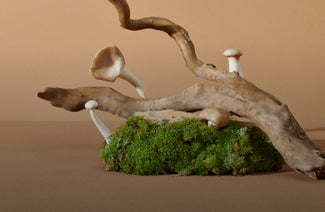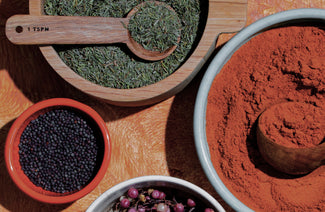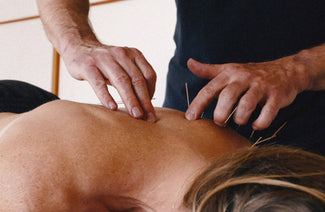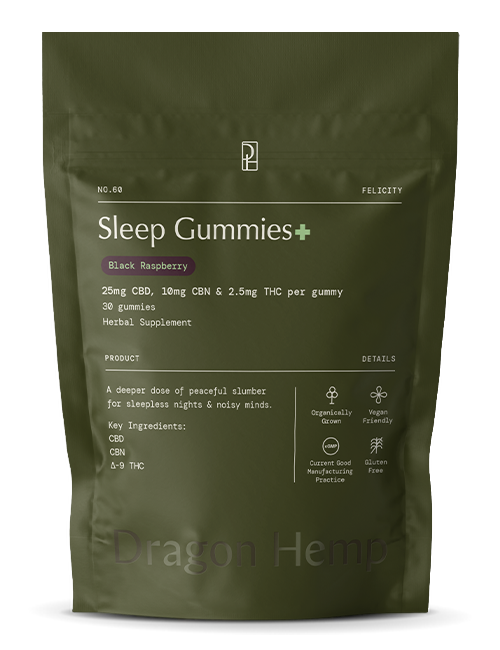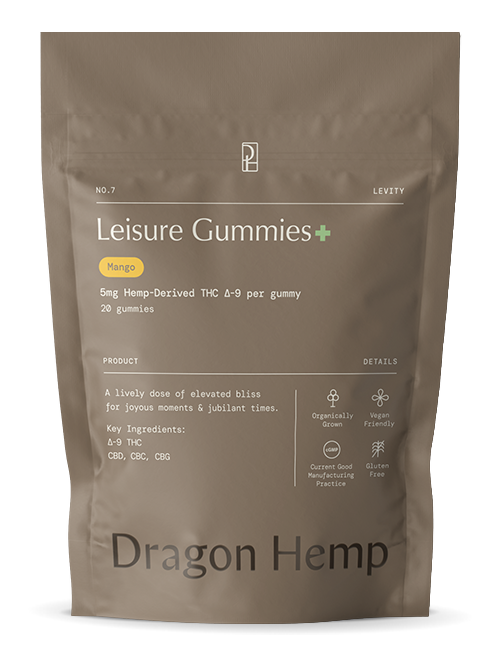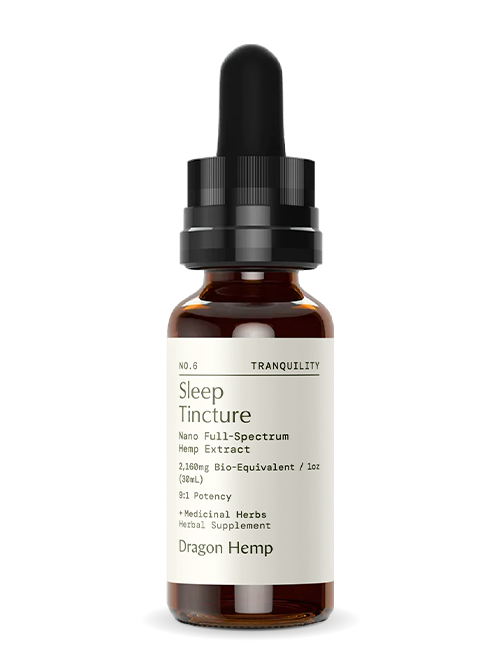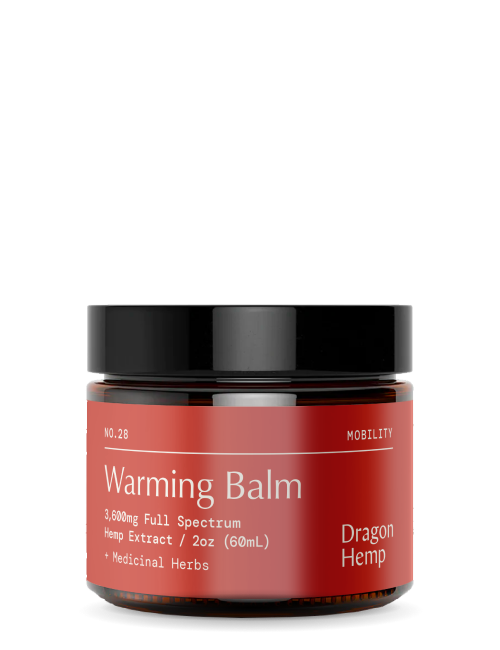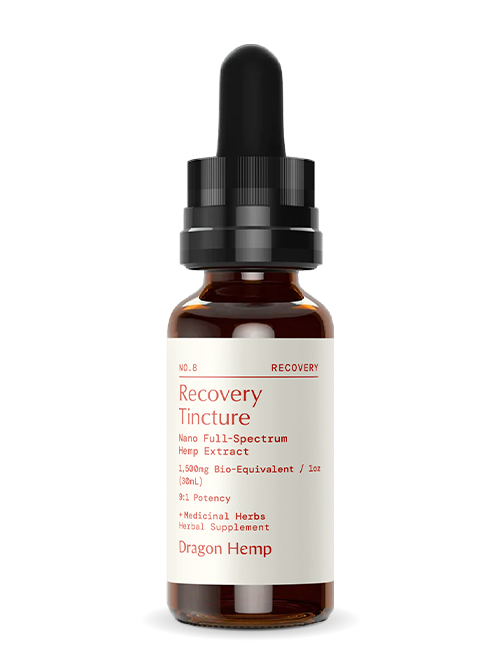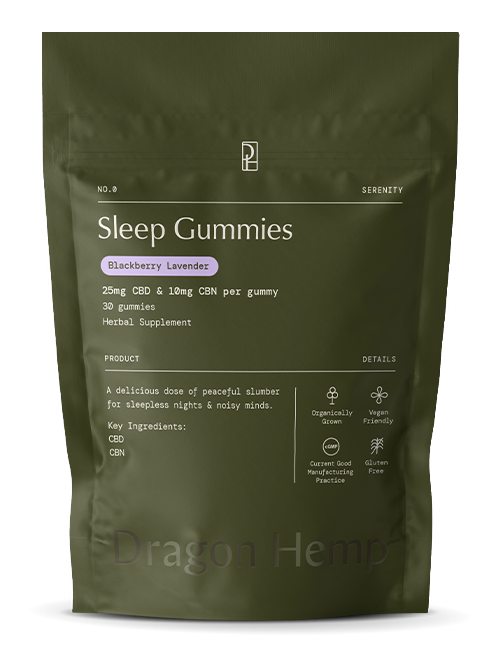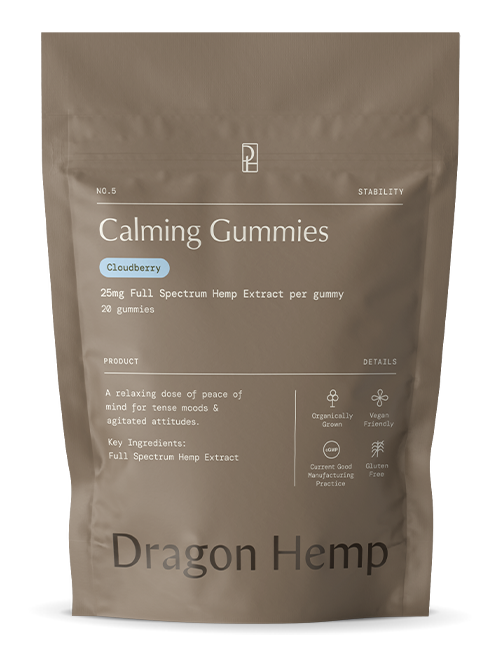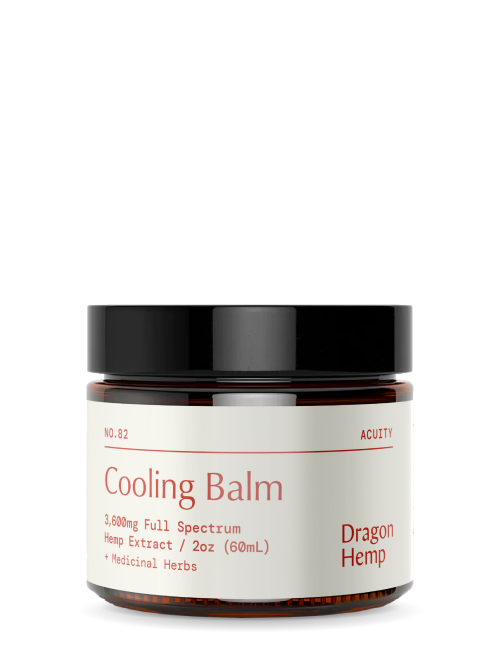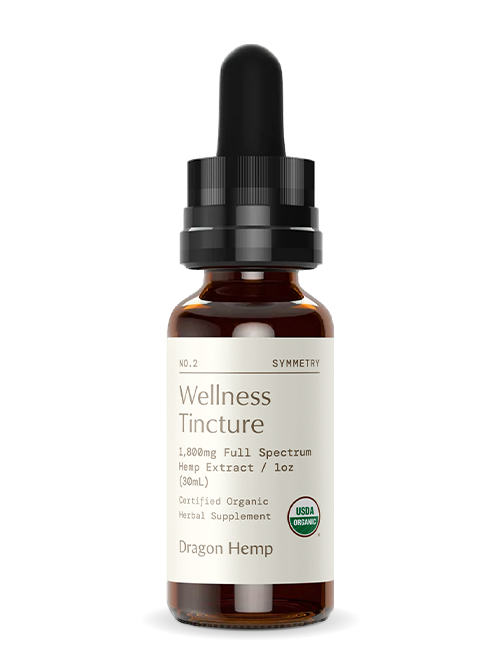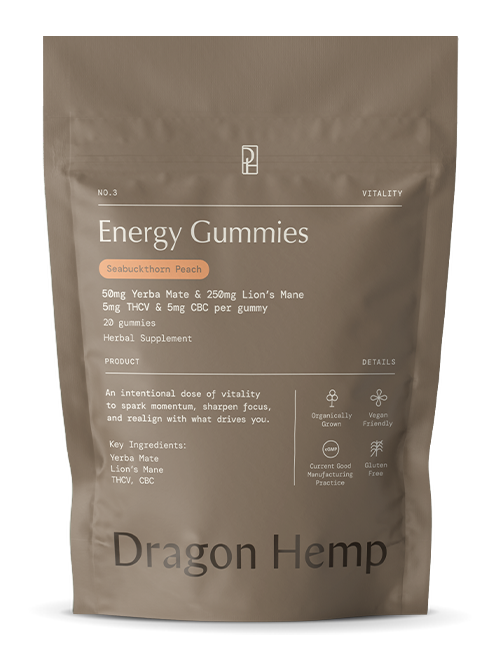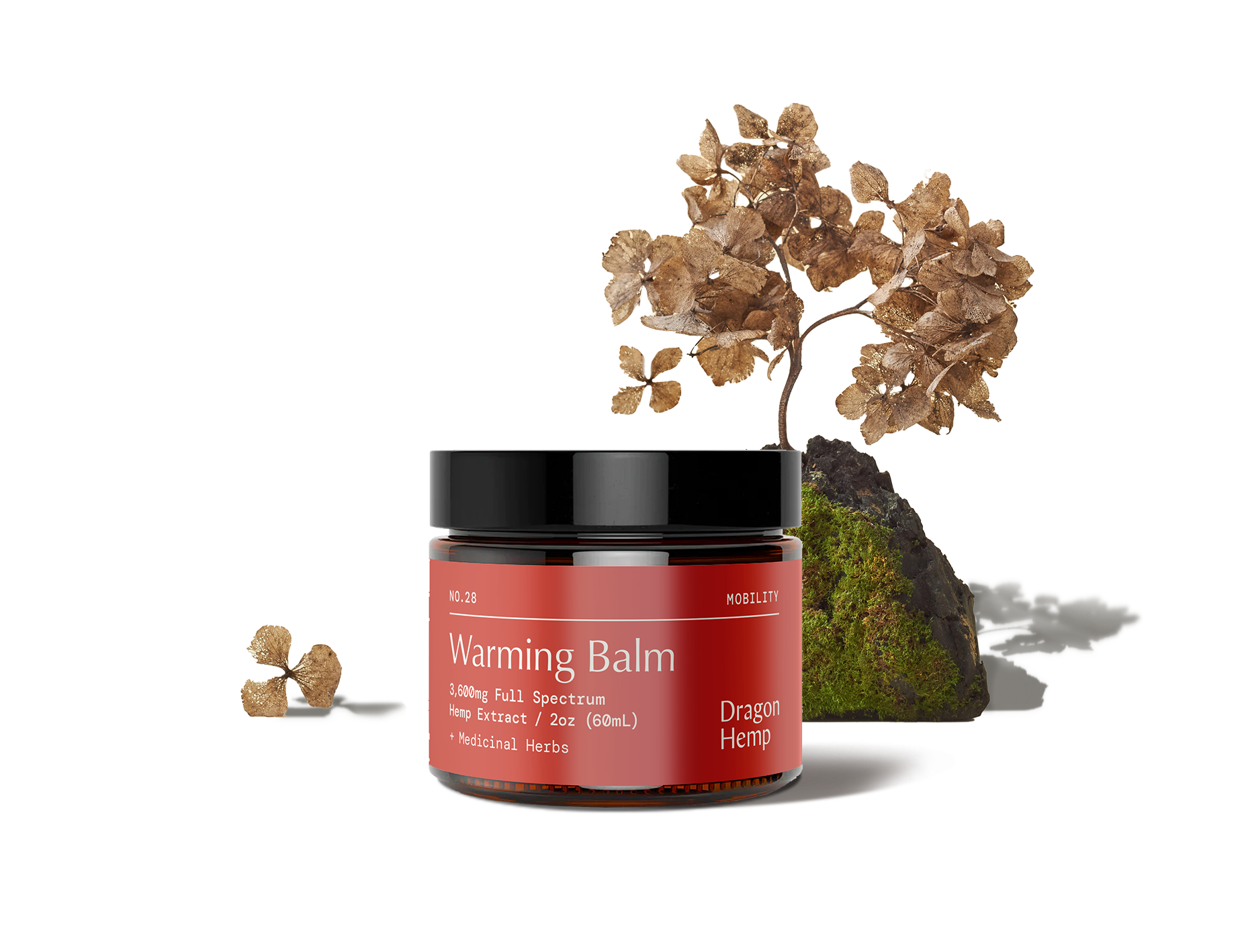
CBD for Muscle Soreness
Sore muscles are something most of us have had to deal with regardless of our lifestyles. Whether you’re active or a couch potato, your muscles can still become sore for several reasons.
For people routinely engaged in physical activities, muscle soreness can result from tension, overuse, stress, or minor injuries. As for couch potatoes, lack of exercise and/or movement deprives the muscles of a good supply of nutrients, oxygen, and blood. This makes them weaker and prone to injuries, spasms, and pain.
There are several methods to deal with muscle soreness, most of which are reasonably effective. From the RICE technique to active cool-downs to drinking tart cherry juice and OTC pain medications, there are hundreds of ways to find relief, literally.
But if you prefer natural methods, the list of effective options narrows considerably. One that is pretty popular in the Sports and Health & Wellness (H&W) spaces at the moment is cannabidiol or CBD. Barely known to the public a few years ago, CBD is now a buzzword among athletes and fitness enthusiasts.
As many people turn to CBD-based supplements to find relief from wide-ranging ailments and health issues, they can’t help wondering if it really works. Or, even more specifically, if CBD can help relieve muscle soreness?
Key takeaways
- CBD is a naturally occurring cannabinoid found in cannabis.
- It exerts its therapeutic properties by interacting with various receptors in the body, primarily non-cannabinoid receptors like TRPV1 and PPARs.
- CBD’s anti-inflammatory and pain-relieving attributes may help alleviate muscle soreness.
- There are many ways of using CBD through aerosols and sublinguals have the highest bioavailability rates and kick in faster than other forms.
- CBD is generally safe for most people, but professional consultation may be necessary for certain situations.
What is CBD
Before we delve deep into how CBD may help with muscle soreness, let’s start with what exactly CBD is.
CBD is a naturally occurring terpenophenolic compound with 22 carbon atoms found in cannabis. It is the byproduct of a decarboxylation process involving the cannabidiolic acid precursor found in live/raw cannabis.
It is one of the major cannabinoids. It can also be artificially synthesized using the Friedel-Crafts alkylation process.
CBD is one of the hundreds of bioactive compounds that imbue cannabis with its wide-ranging medicinal properties. Yes, since the times of our ancestors, cannabis has been an integral component of folk medical systems.
From ancient Indian, Chinese, Egypt, Netherlands, and Greece civilizations, historical texts support the use of cannabis in treating various diseases. These old civilizations might not have known the science behind cannabis’s therapeutic benefits like we do.
CBD belongs to the class of non-psychoactive cannabinoids. This means it does not induce psychotropic effects like altering the mind. It, however, has numerous attributes with potential health implications for pain, inflammatory conditions, sleep, bone health, and muscle function, among others.
If you are an athlete, these are qualities you would undoubtedly want your favorite pre-workout to possess, right?
CBD is pretty common these days, especially after the passage of the 2018 Farm Bill. As the second most abundant cannabinoid in landrace (non-hybridized) strains, it’s present in many H&W products on the market.
But is it effective, and can it help reduce muscle soreness and inflammation? Well, let’s see what the research says.
Is CBD good for muscle soreness and inflammation
The short answer is ‘yes.’ However, it’s not as straightforward as it seems. There are so many factors that determine whether CBD will work for you.
But to provide a more comprehensive answer to this question, let’s understand how cannabinoids, including CBD, work in the body.
The ability of cannabinoids to affect the body comes down to their interactions with a neuromodulatory network of receptors, enzymes, and neurotransmitters called the endocannabinoid system (ECS).
The ECS is involved in various bodily functions, including body temperature regulation, sleep, pain perception, inflammatory responses, immune system functioning, and many others. When there is an imbalance in the body, the neurotransmitters bind to respective receptors to resolve the situation. Once the correction has been done, the enzymes break down the neurotransmitters to prevent an overcorrection, which could also be detrimental.
The ECS receptors are of two types, CB1 and CB2. CB1s are predominantly found in the central nervous system, i.e., the brain and spinal cord. Their activation is associated with cerebral and body effects like an altered state of mind, pain relief, appetite stimulation, sleep, etc.
The CB2 receptors are mainly found in the immune system cells and tissues, i.e., white blood cells, spleen, and tonsils. Their activation is linked to various physiological outcomes like anti-inflammatory effects, reduced neuronal excitability, and pain relief.
CBD does not expressly bind to CB1 receptors but displays a partial affinity for CB2 receptors. This means it can activate CB2 receptors and stimulate pain relief and anti-inflammatory effects to help reduce muscle soreness and inflammation.
However, it is the ability to modulate several non-cannabinoid receptors that makes CBD a viable alternative for dealing with soreness and inflammation.
Research shows that CBD can interact with transient receptor potential (TRP) channels involved in inflammatory processes. These are mostly the TRPV1 receptors, and CBD is shown to exhibit inverse agonistic tendencies at these receptors despite being an agonist.
This essentially means that whereas the activation of TRPV1 receptors ordinarily triggers pro-inflammatory responses, activation by CBD stimulates anti-inflammatory and pain-relieving reactions.
This cannabinoid can also promote anti-inflammatory mechanisms by activating another special category of receptors called peroxisome proliferator-activated receptors (PPARs). These receptors are also implicated in various anti-inflammatory processes. As a PPAR agonist, CBD can help stimulate anti-inflammatory effects by activating these receptors.
CBD can, indeed, help promote anti-inflammation in the body.
Is CBD safe for athletes
Most people tolerate CBD quite well. Studies show that incremental doses of up to 2,000 milligrams daily for 48 weeks have been used with minimal side effects while achieving the desired outcome.
Moreover, a World Health Organization report also described CBD as “generally well tolerated with a good safety profile.”
However, there are indications that CBD might cause minor side effects when taken orally. The most observed symptoms are:
- Dry mouth
- Diarrhea
- Fatigue
- Drowsiness
- Reduced appetite
- Low blood pressure
It has also been associated with liver injury, though there isn’t sufficient evidence to back this claim up.
So, it is likely that CBD would not adversely affect athletes unless they are pregnant, breastfeeding, or have medical conditions for which they are taking medications.
In the case of pregnancy, it is thought that CBD products could contain toxic compounds that may be dangerous to the unborn child.
Some cannabinoids, e.g., THC, accumulate in fatty tissues when ingested. Since the mammary glands are predominantly fat, studies show THC presence in breast milk can be detected from 6 days to 6 weeks post-use.
Research on the effects of THC on infants presents varying results. One study found no differences in motor development and mental growth between infants exposed to THC and their non-exposed counterparts.
Another study revealed a slight variation in motor development in infants exposed to cannabis compared to non-exposed infants. Yet, another found evidence that cannabis could lead to growth delay, sedation, poor sucking, and low tone in breastfed infants.
In the face of such opposing and inconsistent information by scientific studies, it comes down to the parent. As a parent, would you want to expose your unborn or breastfeeding child to the potential dangers of cannabis?
CBD and workout recovery
CBD is increasingly being integrated into pre- and post-workouts. Many athletes swear by its ability to reduce pain and inflammation, aiding post-workout recovery.
During intense physical activity, the muscles stretch and strain. This often causes microscopic tears that result in pain and inflammation. That’s because your immune system kicks in to restore the muscles to their original condition. So, the increased blood flow to the affected muscles results in more fluids seeping into the muscle tissue, causing swelling (inflammation).
The scientific name for post-workout pain and inflammation is delayed onset muscle soreness (DOMS). Even though the pain typically goes away in 5-7 days, coping with the effects in the first 2-3 days certainly requires willpower. You could even find it difficult to continue training.
Fortunately, CBD may help. Its anti-inflammatory and pain-relieving properties can reduce inflammation and pain. Indeed, a recent study published in the International Journal of Physical Education, Sports and Health established that athletes who took CBD after their workouts recovered much faster and experienced significantly less soreness.
Other scientific investigations have also highlighted CBD’s therapeutic benefit on sleep quality. Sleep is a vital component of good health; for athletes, it’s ‘mission critical’ for continued top-level performance.
During sleep, the body rests as other critical processes take place. Even post-workout recovery happens faster when you get enough sleep. CBD’s influence on sleep might not be direct, but it helps alleviate other symptoms, e.g., pain and anxiety, thus making it easier to fall and stay asleep.
Should you take CBD pre or post-workout
There is never an “optimal” time to take CBD, whether for working out or boosting overall wellness. Like other natural supplements, CBD is more effective when used consistently and persistently. People who’ve had great success with CBD often use it routinely.
As to whether you should use CBD pre-or post-workout, the decision is entirely yours. Either way, it helps. Using CBD pre-workout prepares the muscles and reduces the overall effect of the workout. It is like warming up the muscles.
Using it after the workout helps reduce the impact of stress and strain on your muscles. This aids post-workout recovery. So, as you can see, it doesn’t matter whether you use CBD before or after workouts. However, remember the operative word with natural supplements is ‘persistency,’ so if possible, use CBD before and after workouts for the best results.
What are the different types of CBD
CBD is available in various forms. Thanks to advanced technology and a more entrepreneurial spirit, CBD extracts can now be infused into almost anything. That’s good news because you have an almost endless list of options to suit your needs and preference.
So, what main options do you have?
Edibles
CBD edibles are among the most popular forms of CBD available today. These are taken orally and include gummies, cookies, brownies, smoothies, and beverages, all infused with CBD.
Edibles are a great way to take cannabinoids, but you’ll probably need to take larger quantities of the product to have enough CBD to feel a therapeutic effect. That’s because the bioavailability of oral CBD is very low owing to the first-pass effect in the digestive system. As a result, CBD edibles take longer (roughly an hour or two) to kick in.
Unlike THC, which is metabolized into a more potent metabolite (tetrahydrocannabinol carboxylic acid), CBD does not undergo a similar metabolic process. So, you need to take more of the product to feel the effects.
On a positive note, CBD edibles like gummies, capsules, and pills are great for microdosing.
Sublinguals
CBD sublinguals are typically oils and tinctures. They are ideally placed under the tongue for a moment before swallowing. The idea is to give the CBD enough time to absorb into the rich network of capillaries that vascularize that region.
As a result, CBD sublinguals bypass the digestive system and enter the circulatory system directly. This implies a relatively higher bioavailability. Moreover, the early effects are felt much faster, typically within 10-15 minutes. This property makes them suitable for acute pain and inflammation.
Topicals
CBD topicals are creams, lotions, salves, and balms applied to the skin. They are more suited to deal with short-term topical pain and aches.
The skin can absorb substances applied to it. However, CBD does not get absorbed deep into the muscle tissues. But for some skin conditions, localized pain, and inflammation, CBD topicals are probably the best.
Also, you can enhance the absorbability of CBD topicals by cleaning the skin surface before applying the product. Other topical formulations are made with absorption enhancers to increase absorption.
The good news is that CBD topicals are relatively fast-acting, with the effects noticeable within 10-20 minutes.
Aerosols
CBD aerosols are becoming more popular these days. They come in the form of vape carts and sprays. Whether you are looking to relieve stress, sleep well, or reduce pain, CBD aerosols are an attractive option.
Like sublinguals, aerosols kick in fast – the effects can be felt within 10-15 minutes. They also have higher bioavailability, so more bioactive ingredients enter the circulation.
CBD cream for muscle soreness - does it work, and how
Considering what science says about CBD’s interaction with various inflammation- and pain-modulating receptors in the body, it is likely that CBD creams can help with muscle soreness. However, because topicals do not go deep into the skin, CBD topicals would be ideal for upper-tissue soreness.
There are suggestions that transdermal patches may go deeper than conventional topical because they have absorption enhancers. Another advantage of transdermal patches is that they provide a consistent diffusion rate. This gives you a steadier supply of CBD, which could be beneficial in dealing with a chronic situation.
Best CBD products for muscle soreness
We have a vast array of CBD products that can help with muscle soreness. Our Warming Balm is specifically formulated to reduce chronic pain and inflammation. With 3,600 mg of full-spectrum CBD and a host of adaptogenic herbs, this balm penetrates deep into muscle tissue to stimulate blood flow and disperse blood stasis. It’s great for long-term injuries and warming and relaxing muscles before a workout.
Feel like yourself again.
Peruse our collection of plant-based therapeutics blending time-honored herbal remedies with next-generation cannabinoid extracts.


